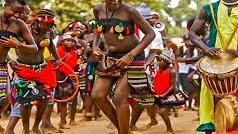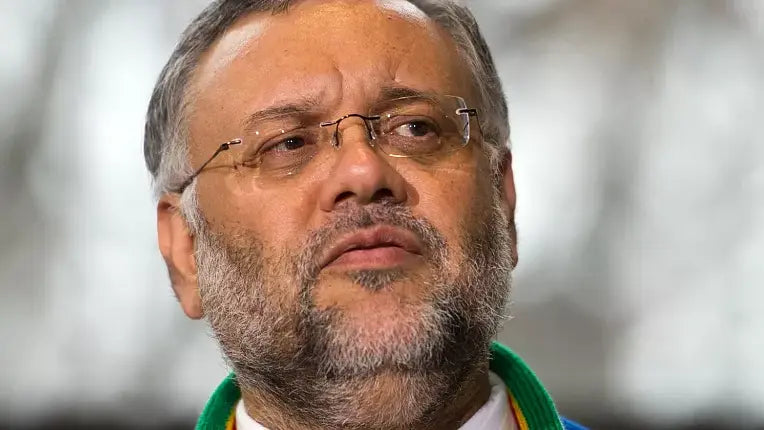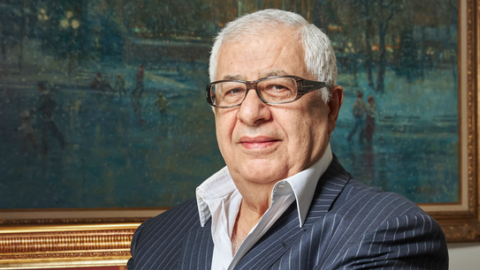
Senegal: The feminine odyssey of ajamaats and esotericism in Dakar
The Festival of Ajamaats and Esotericism in Dakar, a true ode to feminine power and spiritual mysteries, continues to be talked about. Under the sharp eye of renowned photographer Matar Ndour, this exhilarating event highlights the role of women in these practices, while questioning their place in a male-dominated world. The intersection of religion, tradition, and power is at the heart of the debate here, and Ndour's photographs are not there to embellish reality but to relay a powerful message.
An exhibition that makes your teeth grind
By exhibiting portraits of women initiated into the mysteries of the ajamaats, Matar Ndour offers a bold vision that could well shock the conservatives of Senegalese society. These women, often considered secondary figures in the religious landscape, take center stage here. They embody a gentle, yet oh-so-powerful, rebellion against a patriarchy still deeply rooted in mentalities.
The photographs on display don't just capture smiles. They bear witness to the struggles, trials, and silent victories of women who carry the weight of age-old traditions on their shoulders while striving to establish themselves as vital forces in their communities. Matar depicts not just women, but spiritual warriors.
The Power of Ajamaats in the Modern Era
Ajamaats, beyond esoteric practices, reveal themselves as spaces where magic operates in a constantly changing world. These rituals, which combine song, dance, and prayer, become meeting places where power is redefined. Women, by actively participating in these ceremonies, take a prominent place in modern spirituality, becoming vectors of exorbitant social change.
Men, often in positions of dominance, must now deal with a new dynamic in which the feminine is asserting itself. The trend is clear: the future is becoming more feminine, and ajamaats are a catalyst. Between poetry and commitment, this exhibition encourages us to reflect on the place we offer our mothers, sisters, and wives in the struggles for equality and power.
A call for collective introspection
Matar Ndour's approach isn't simply an artistic outlet, but a rallying cry for an entire generation. The images captured are challenging and invite collective introspection: what are we doing to value those who uphold and pass on our traditions? Shouldn't the roots of culture be nourished by the richness represented by women in all their diversity?
It's time to redefine roles, break taboos, and celebrate the strength and resilience of women in their quest for recognition. The Ajamaat festival, seen through Matar's eyes, shows us that hope lies in the ability to come together and reclaim our heritage, the better to pass it on.



Leave a comment
This site is protected by hCaptcha and the hCaptcha Privacy Policy and Terms of Service apply.